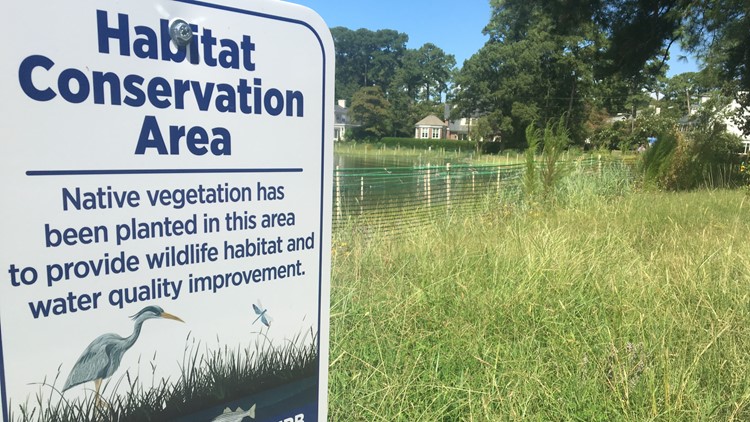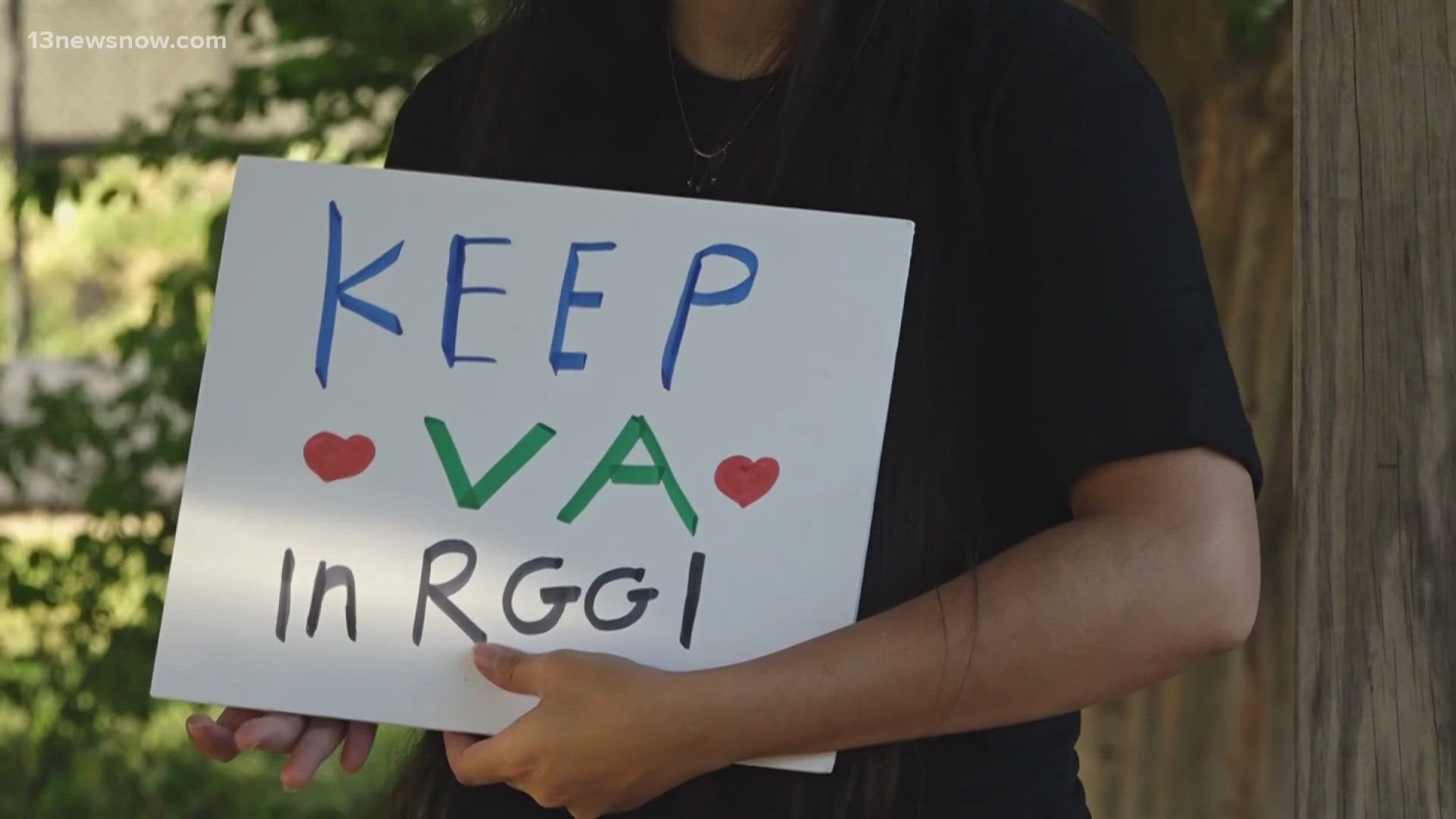NORFOLK, Va. — Wednesday, the Chesapeake Bay Foundation published the results of a 2019 study on sea grasses in the bay. The results? Not great.
A release from the foundation said sea grasses in the area had declined by 38% between 2018 and 2019.
Beth McGee, the organization's director of science and agricultural policy, said sea grasses were important because they can "act as a 'Tums'" for the bay, helping absorb and counteract acidity.
"The significant loss of Bay grasses this year is a sobering reminder that the Chesapeake Bay is still a system dangerously out of balance," McGee wrote. "The extreme flows of polluted runoff that damaged the grasses are also a clear sign that climate change is threatening the Bay’s recovery."



